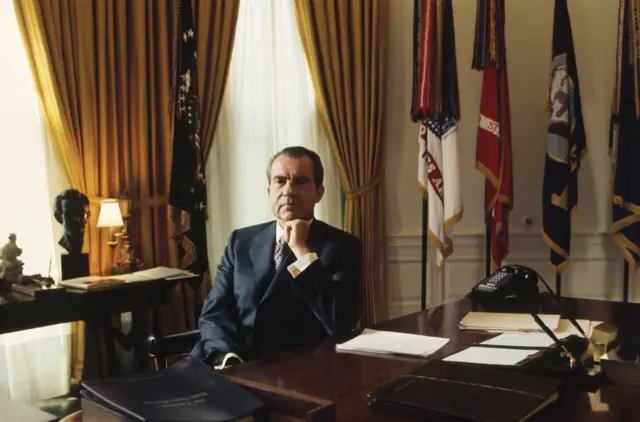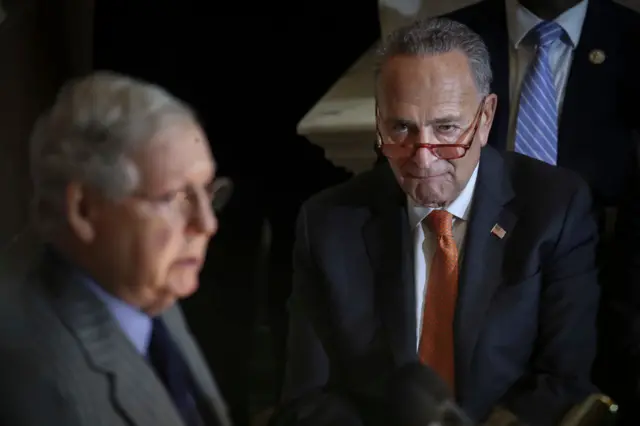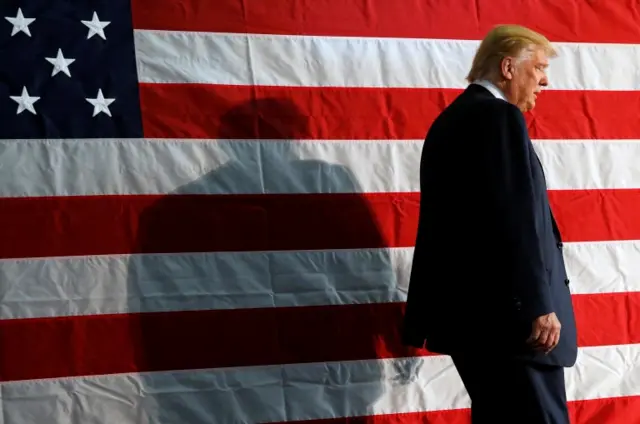Who will win the battle for witnesses?published at 15:12 GMT 21 January 2020
 Jon Sopel
Jon Sopel
BBC North America Editor
It is hard to exaggerate the importance - and the self-importance - of the hundred men and women who make up the US Senate.
Flunkies accompany them wherever they go - a veritable army of interns take care of the tedious mundanities of life; they have legislative affairs directors, communications chiefs, fundraising teams, speechwriters.
But this week, and for only the third time in American history, the senators become humble - or not so humble - jurors.
The battle still to be had between Democrats and Republicans is whether witnesses will be called. One person I spoke to said you should think of this like the old cold war strategy of MAD - mutually assured destruction.
For every John Bolton called by the Democrats - Donald Trump's former national security adviser who was reportedly deeply unhappy about what was going on, there's a Hunter Biden - the former vice president's son - whom the Republicans might subpoena.
One impeachment expert told me he thought this would be a trial that would proceed with no witnesses at all.



